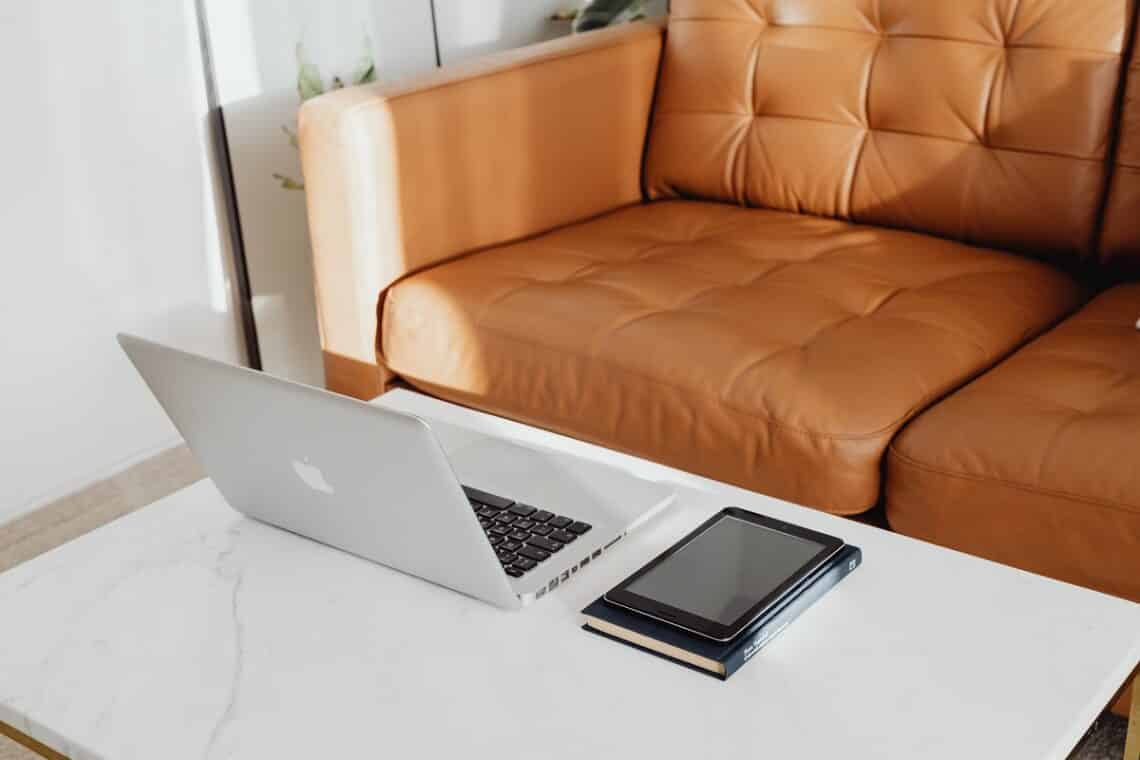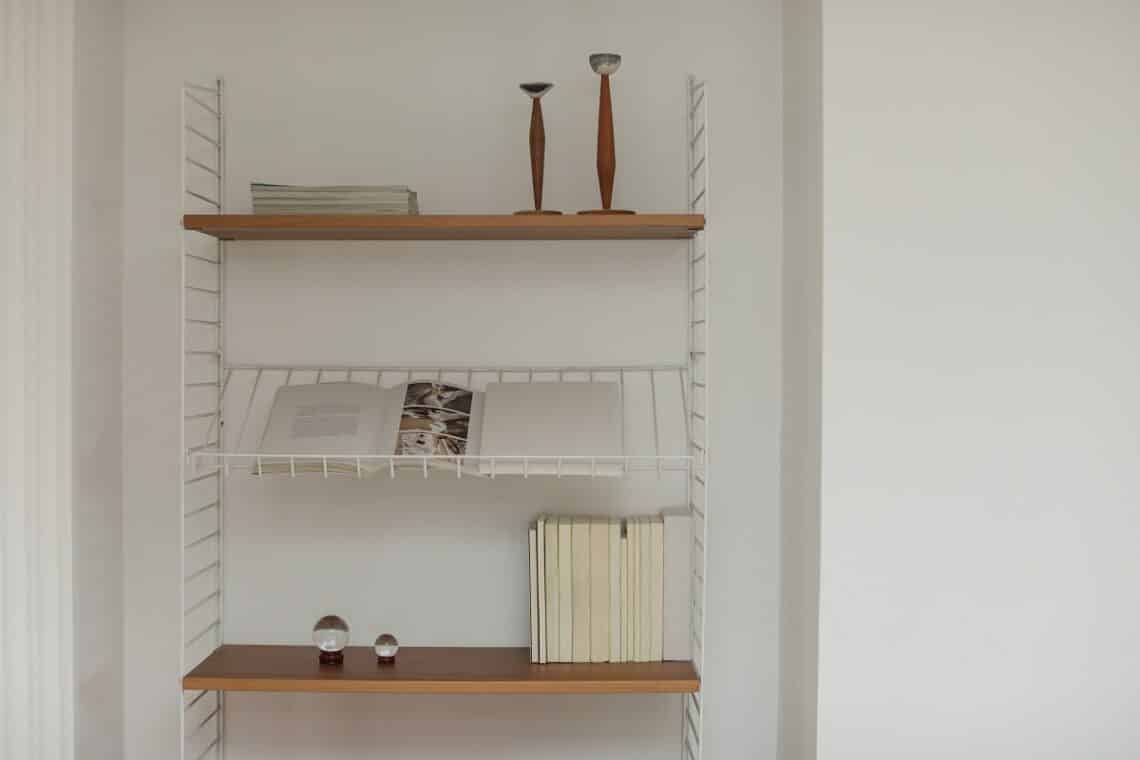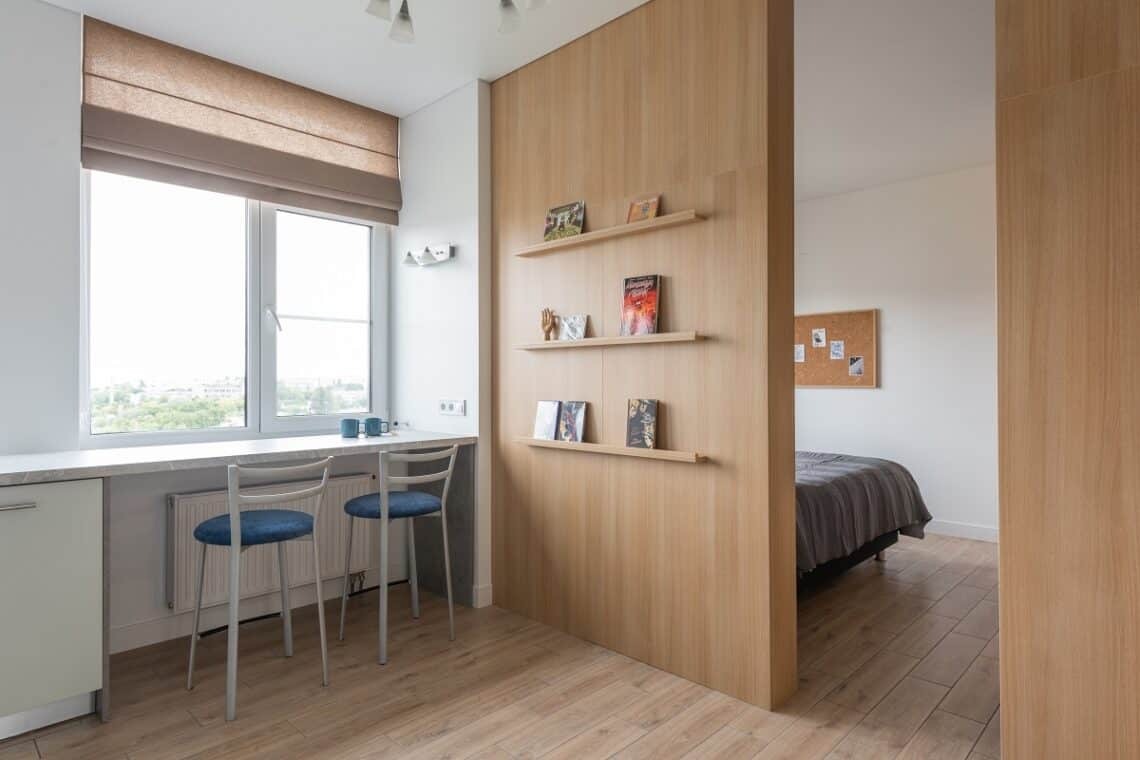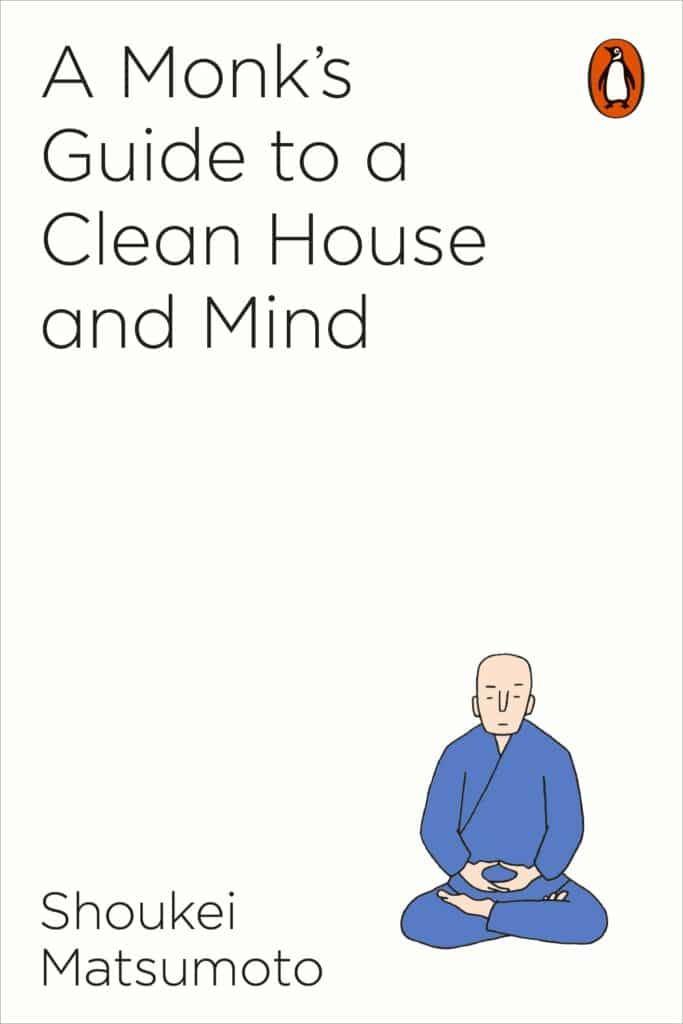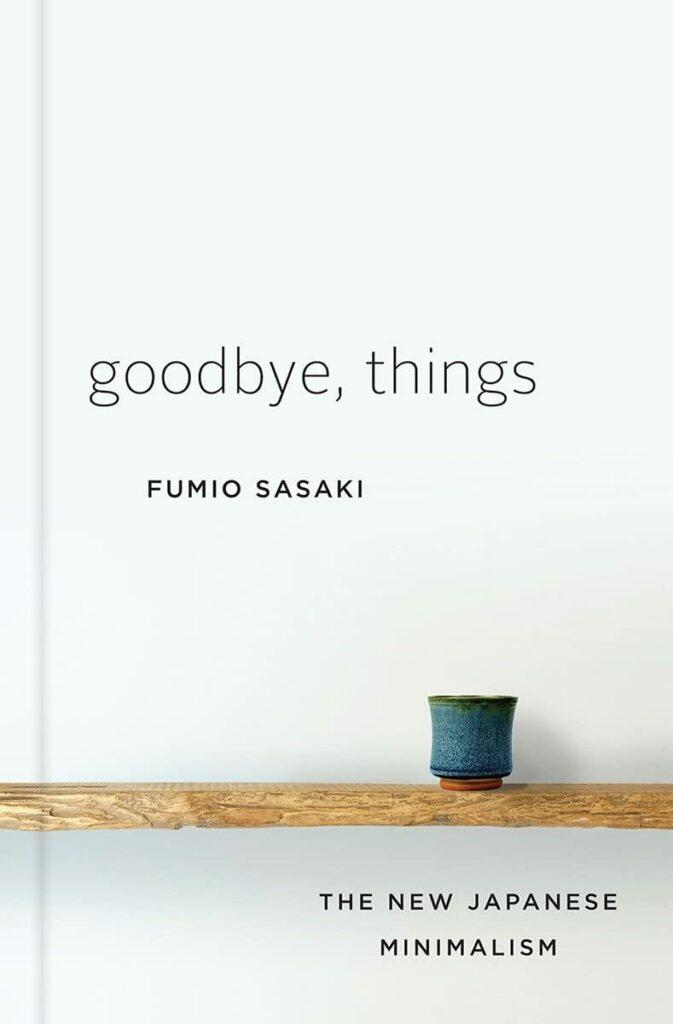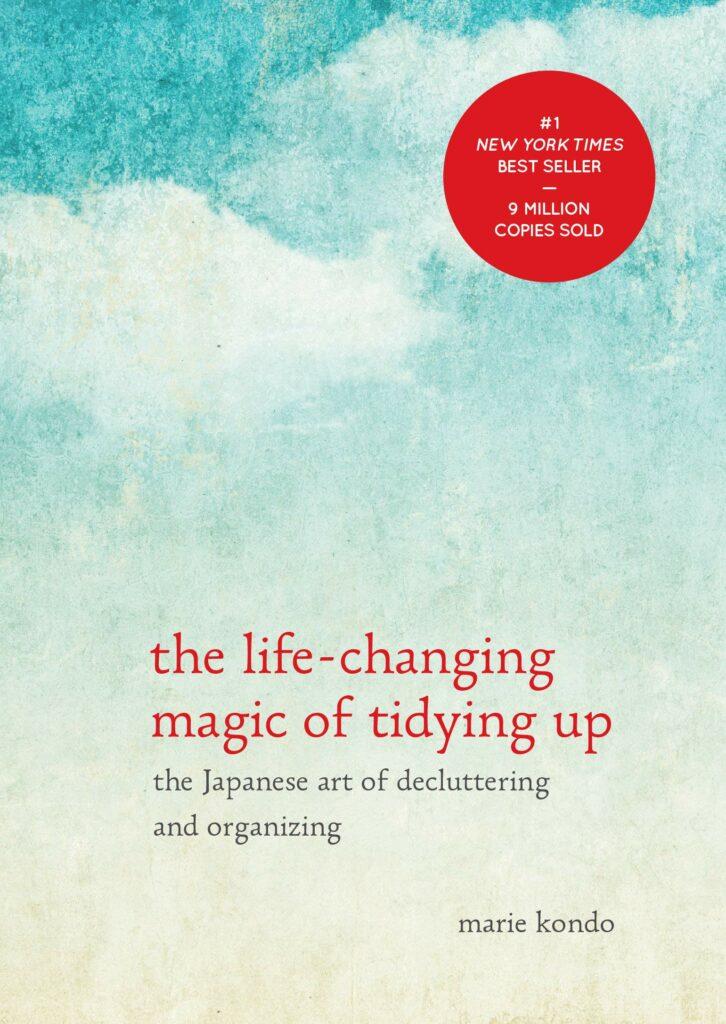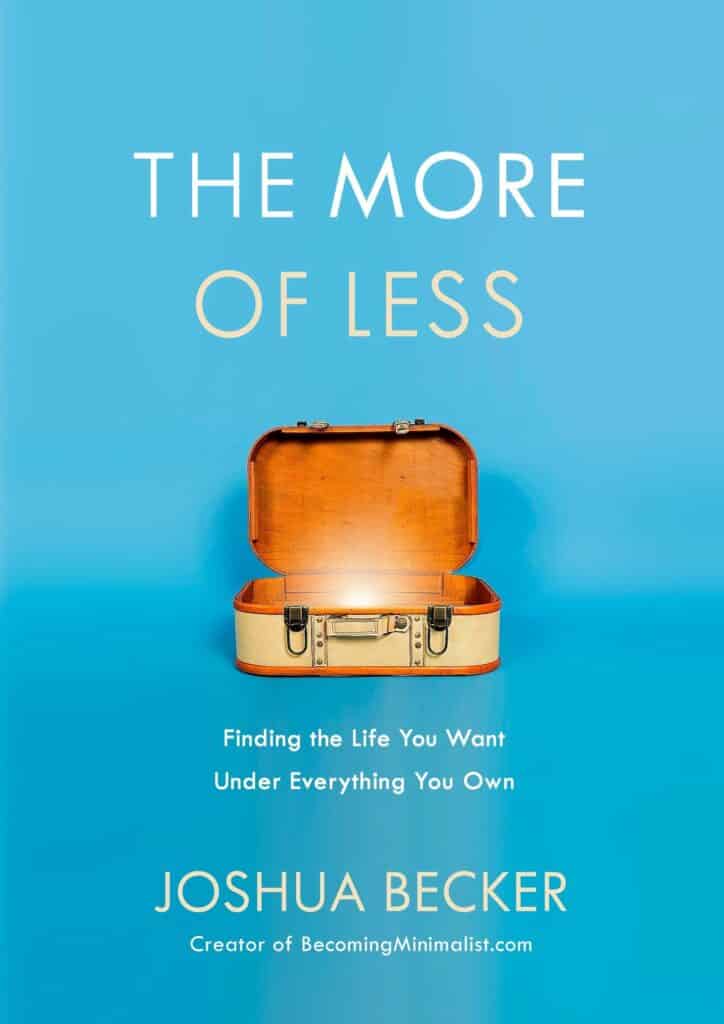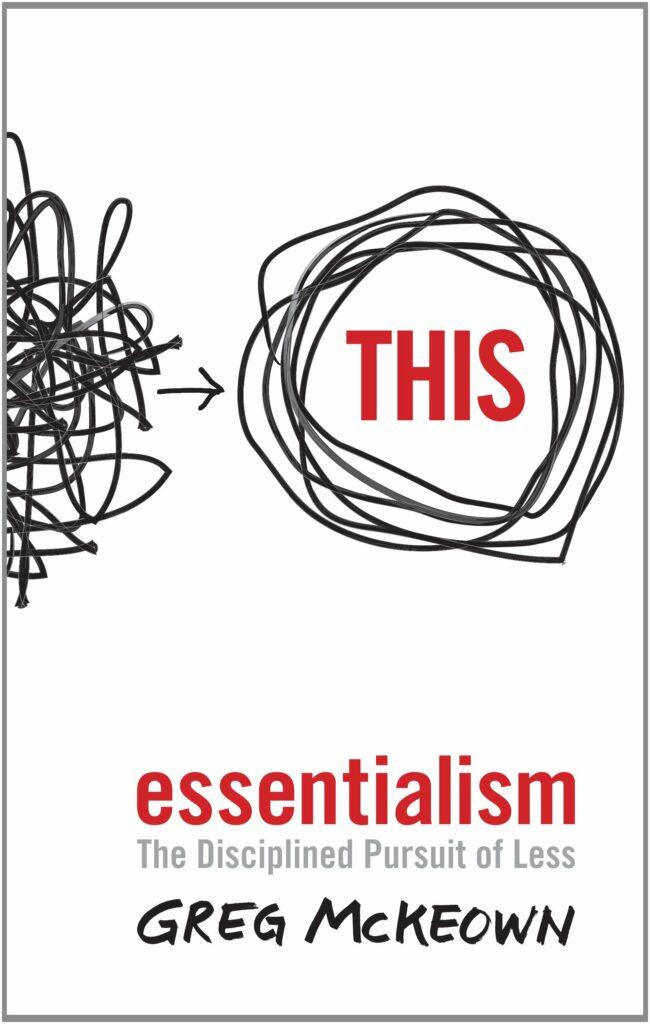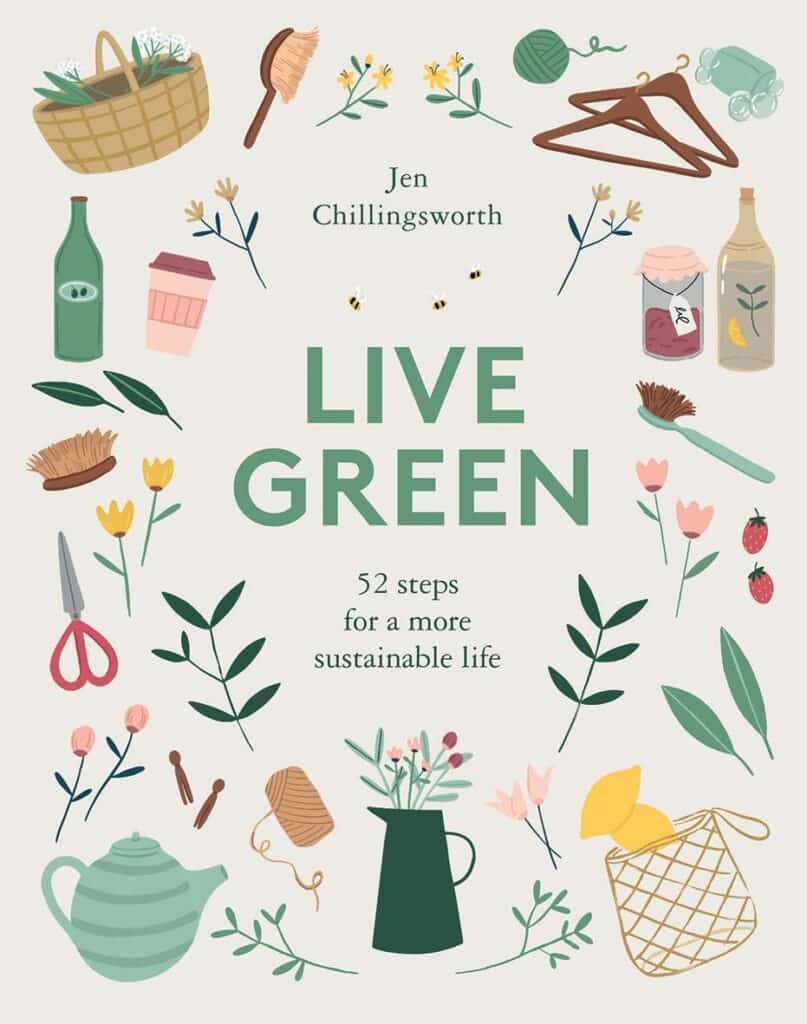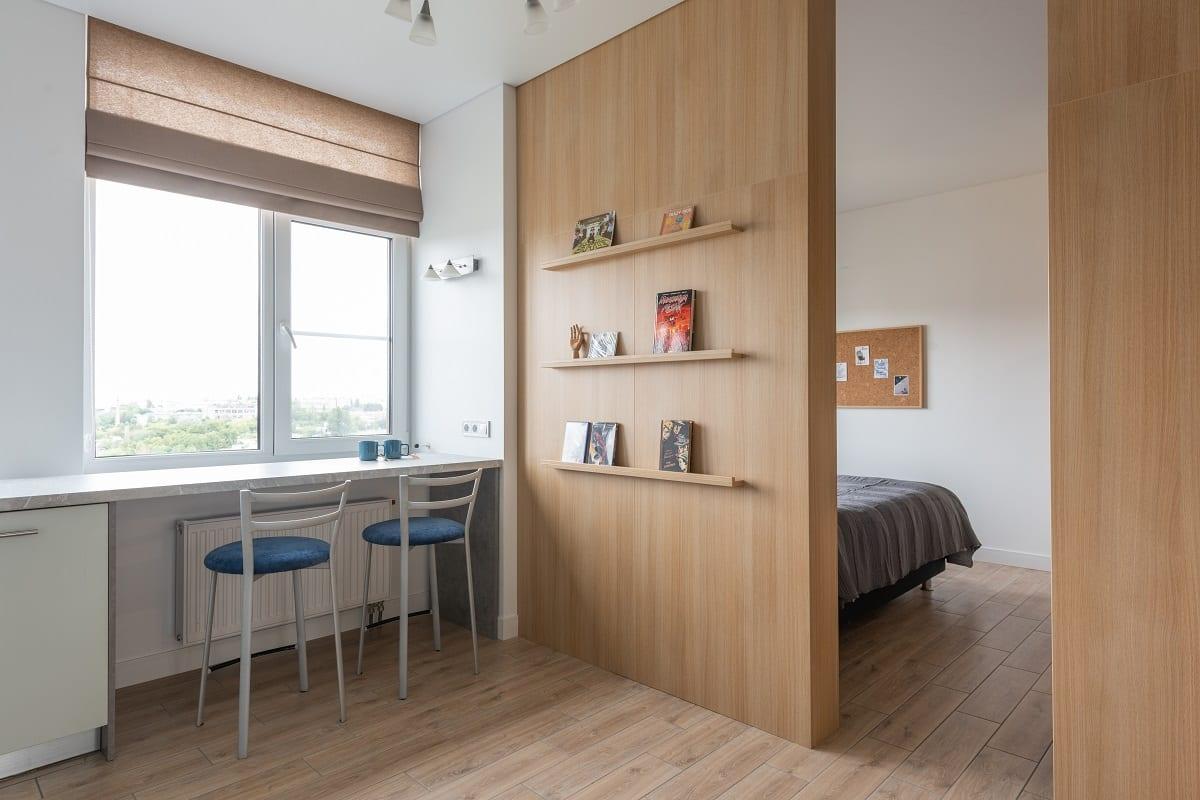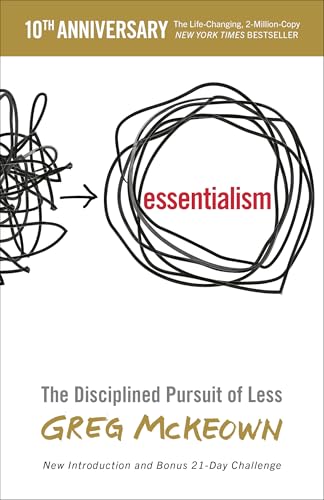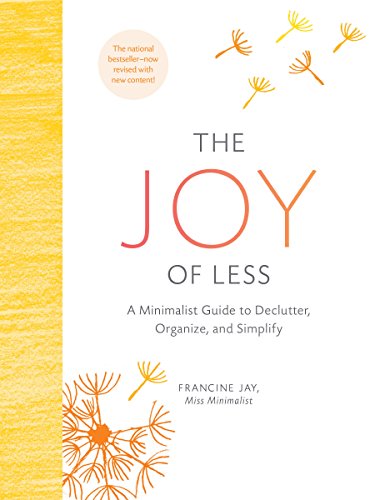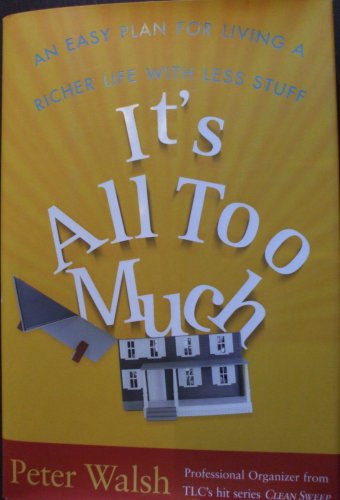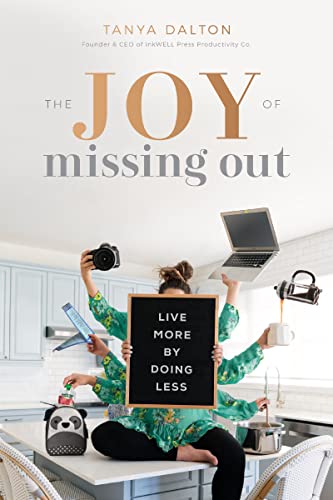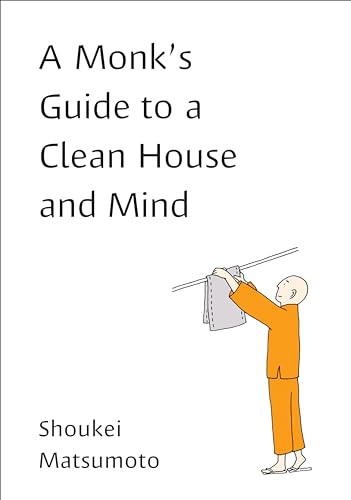A minimalist lifestyle essentially means leading a fulfilling life with the least amount of things needed to live it.
For some people, it might mean sparse furniture at home that could fit into a bunch of trunks if need be. For others, it might refer to a lifestyle, meaning fewer attachments and lesser debt. Whatever the case may be, minimalism is beneficial to pretty much everyone because the less stuff you have, the lesser you spend.
That’s why reading decluttering books that teach one how to lead a minimalist life is an excellent way to learn about it. It’s advisable to read at least two minimalist books because what works for one person may not work for another.
To help you further, we have curated a guide on the best 17 books on minimalism. So, without further ado, let’s dive in!
Best Books On Minimalism
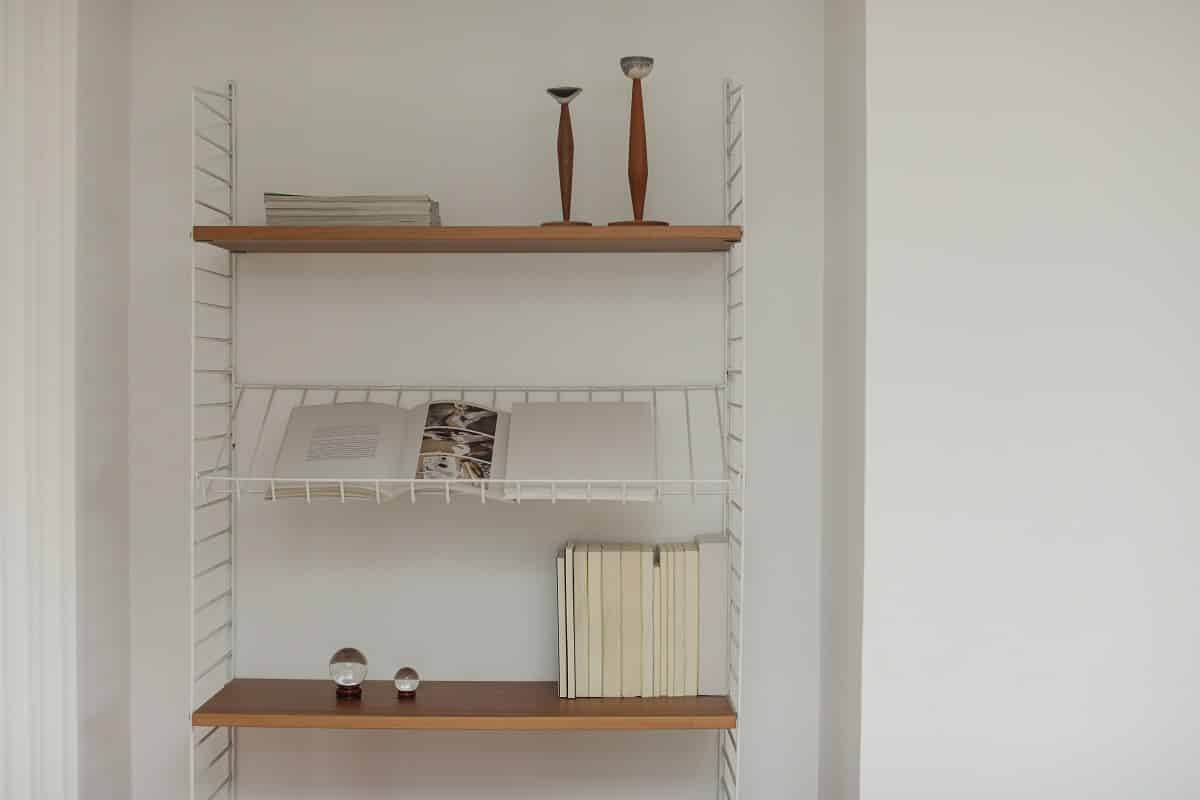
Here is the list of the 17 best books on minimalism that you can read to kickstart your journey toward a minimalist lifestyle.
1. Essentialism: The Disciplined Pursuit Of Less by Greg McKeown – Best for Personal Growth
- McKeown, Greg (Author)
- English (Publication Language)
The first book on our list is this unique book dealing with minimalism, whose central premise focuses only on things that are indispensable to our lives.
Since we all add things (and people!) to our lives, it’s easy to get caught up with hundreds of different stresses. Thus, the main idea espoused in this book is cutting out things that aren’t intrinsic to the progression and quality of life.
We liked how the book is divided into four simple parts. The first part deals with the core ideologies of an “essentialist,” and the other three parts talk about how you can change your mindset to systematically “pursue less.”
In addition to this, Mckeown distinguishes between an “essentialist” and a “non-essentialist.” An essentialist realizes that very few things in life are truly important, and the rest are “just noise.”
Mckeown also enumerates a 4-phase “paradox of success” that is scarily accurate and might just jolt you into reevaluating your perception of a successful life!
2. The Year Of Less by Cait Flanders – Best for Financial Transformation
- Audible Audiobook
- Cait Flanders (Author) - Cait Flanders (Narrator)
This book by Cait Flanders was born out of a realization that she had two days prior to her 29th birthday while hiking. It suddenly dawned upon Flanders that she wasn’t moving ahead with her life and indulging in the same repetitive patterns over and over.
Fuelled by that realization, she decided to try a minimalist fashion challenge where she quit shopping for anything non-essential for a whole year. Flanders felt that this experiment was an extreme version of “no-spend month.” However, she knew she had to go through with it.
For starters, she set small goals and updated her blog about this consistently, hoping to remain accountable. Slowly, she also scaled back on the number of possessions she owned and ultimately succeeded in decluttering her life.
We like how this book isn’t a how-to or a preachy guide. It’s more of a memoir than anything else and an honest window into Flander’s struggles with cutting back on spending. Apart from that, it’s raw and realistic, and we couldn’t recommend it more. If you’re looking to transform your life and finances, this book is the best bet.
3. Minimalism: Live A Meaningful Life by Joshua Fields Millburn – Best for Life Prioritization
Minimalism is about leading a meaningful life by focusing on important things, like health, relationships, hobbies, etc. This book teaches the reader how to tell necessities apart from luxuries so that they can cut out the frivolous and focus on things that truly matter.
How was the book conceptualized? Milburn and Nicodemus were successful corporate professionals who were physically worn out, mentally exhausted, and deeply in debt. They eventually left their jobs and took a long, hard look at what could be better with their lives.
They decided to cut back on things, and once confident of this decision; they began a website called theminimalists.com. Over time, this website grew into a book, which details their entire process of self-examination and how it led to more fulfilling lives.
One of the things we liked most about this book was the concept of “anchors”- basically situations or things that bind and trap us. Anchors can further be minor or major, major like massive college debt, and minor like a couch that you’ve never really liked but haven’t gotten rid of.
Identifying these anchors and dispensing with them is a preliminary step to achieving happiness and greater control over your life!
4. The More Of Less by Joshua Becker – Best for Decluttering Home
- Amazon Kindle Edition
- Becker, Joshua (Author)
A lot of decluttering mixed with introspection led to Joshua Becker’s discovery of minimalism. He started with the “Becoming Minimalist” blog, which eventually became one of the most successful blogs about minimalism.
However, Becker maintains that minimalism is a journey and not a destination- and the practitioner is constantly learning and evolving. In this book, he talks about what prompted him to make such a significant change and how the change can be affected.
One of the key lessons discussed is the importance of eliminating distractions. Minimalism means putting energy into things you genuinely care about and diverting your attention from frivolous and momentary things to these.
Another critical point that Becker mentions is about keeping realistic goals and starting small. Instead of looking at the house as a whole, start with a room. Work your way through different rooms (choosing the easier ones first), and soon enough, the whole house will be done.
We liked this book because at no point is Becker preachy or unrealistic- he encourages people to experiment with minimalism and only adopt it if they’re genuinely convinced by it. He also doesn’t support minimalism when it comes to one’s passion!
5. The Joy of Less: A Minimalist Guide To Declutter, Organize, And Simplify by Francine Jay – Best for Organized Living
- 6" W x 8" H x 1" D
- 6" W x 8" H x 1" D
Francine Jay does a splendid job of explaining why minimalism is the secret to a great life and exactly how you should go about incorporating it. The more you declutter, the happier you are since there are fewer things to worry about.
The first thing Jay talks about is mentally evaluating what things are essential and which aren’t. Houses are often filled with too much stuff we don’t use anymore, which is why one should compartmentalize these things into useful, sentimental, and beautiful things. Jay suggests attaching greater value to useful things than beautiful and sentimental ones.
Another important thing that Jay mentions is the STREAMLINE method. This involves starting over or turning a new life in life, and Trash, Treasure, or Transfer, differentiating items based on their type. It also involves finding a solid reason to keep an object and analyzing its frequency of use.
We appreciated her useful tips on efficient task completion by tackling projects with the fewest supplies you can. Jay ends by warning that constant maintenance is needed to sustain this lifestyle, and the involvement of the entire family is necessary. This book really helped us tidy our spaces and our way of life!
6. The Life-Changing Magic Of Tidying Up by Marie Kondo
- This #1 New York Times best-selling guide to...
- Despite constant efforts to declutter your home,...
Marie Kondo is probably one of the most influential minimalists out there who has written multiple bestsellers on the subject. Kondo is Japanese, and throughout this book, you’ll find certain Japanese customs and ideologies that Kondo simplifies for us to understand.
The book was born out of a wish to effectively declutter a home and remove all that “doesn’t spark joy.” The process she talks of is called the “KonMari” method and involves structured compartmentalization of all items, and one attempt is enough to get it to work.
She explains that before undertaking the clean-up, the person must first envision an immaculate home. Then comes the process of sorting out things that “spark joy” from the things that don’t. She stresses using an aesthetically-pleasing order to arrange things and advises that people start with their clothing.
Additionally, we were pretty impressed by how Kondo draws on traditional Japanese practices in her book and talks about how she kneels before a client’s home before doing it over, which is done to show respect.
She also suggests being clear about one’s personal goals because that makes it easier to decide. We’d say that this book definitely sparked joy in our hearts!
7. Goodbye Things: The New Japanese Minimalism by Fumio Sasaki
This is written by the Tokyo-based Fumio Sasaki and is based on his personal experience of living in a cramped one-bedroom and how he successfully decluttered it. Before he embraced minimalism, he, too, had been a victim of rampant consumerism.
To mitigate this, one of the things he suggests in this bestselling book is to properly evaluate all the objects you have in the place you wish to declutter. It’s also a given that many of these objects may have never been used and are simply collecting dust.
Sasaki advocates accepting the guilt of not using them and then letting it go by evaluating all the objects that have lost their use.
Sasaki’s decluttering endeavor took a whole year, after which he wrote this book and listed 55 tips to help get this done. His tips help clear up junk- he recommends starting with items that aren’t functional anymore. Then, one must move on to items that haven’t been used in a long time, like more than a year.
We were pleasantly surprised by the inclusion of Zen Buddhist philosophies in the book, such as the values of thrift and austerity. This book opened our eyes to vices of consumerism, and we recommend it to every aspiring minimalist.
8. The Minimalist Mindset by Danny Dover
- Amazon Kindle Edition
- Dover, Danny (Author)
Next on our list is another gem on minimalism that stands out from the other books on the topic because of its emphasis on personal values.
Dover begins the book by explaining the concept of a “cave,” which is the space we live in. He mentions how minimalism will not destroy the sanctity of the cave but rather something that will maximize the happiness we get out of it.
He further discusses how multiple responsibilities and commitments often bog adults down, and thus they aren’t able to get the most out of life. In addition to that, he also believes that to be happy, all the mess in one’s life has to go away.
Perhaps one of our favorite things about this book was Dover’s easy yet practical tips to be a successful minimalist. One of the things he mentions is starting the day right, and noting the next day’s activities the night before.
He also suggests avoiding multitasking, which prevents exhaustion. This book focuses more on the changes we need to make to our habits to be successful minimalists, and we feel that these tips are indispensable.
9. Present Over Perfect by Shauna Niequist
It’s very common to see people caught up in their life and get too stressed to lead a focused life. Shauna Niequest’s book on how to transform one’s life is among the best minimalist books if you’re looking to change your life from the inside out.
Niequest points out three significant signs that might indicate a lackluster life- lack of fulfillment, health takes a backseat, and indecisiveness. She places a great deal of emphasis on focusing on the present rather than dwelling upon an uncertain future.
She, however, points out that that doesn’t mean rash spending of money. Instead, one should spend money on things that make one happy in the present.
We loved the bit where Niequest talks about the importance of saying no. Many people often give in to peer pressure and consent to plans and commitments they don’t want to follow through on. When that happens, a person loses time as well as money.
The book doesn’t come across as preachy and instructive at any point and instead reads like a letter from a close friend. The tone is conversational and casual, and we think it is a great tool to learn minimalism.
10. It’s All Too Much by Peter Walsh
- Hardcover Book
- Peter Walsh (Author)
Peter Walsh of the organizing show ‘Clean Sweep’ has written this very customizable and personal book on minimalism. The start of the book is particularly interesting, where there’s a quiz about what the reader’s ideal home looks like.
One of the key things Walsh emphasizes is that it is necessary to subtract from the things you have before adding on. People often impulsively buy stuff they already have, and they don’t throw the old one away. This leads to a flood of clutter, which eventually stares you in the face one day until you make a big day of getting rid of it.
He also has something interesting to say about cost vs. value. According to him, expensive things don’t always hold much value, so life becomes more meaningful if one rids their space of things they don’t use often.
Walsh also incorporates a nifty room function chart, where he asks the reader to tour each room and evaluate what needs to go or stay or change.
We also can’t help but mention that the book was humorous and made us giggle! We thought this was a clean, satisfying read, and give it a big thumbs up!
11. The Joy of Missing Out by Tonya Dalton
- Amazon Kindle Edition
- Dalton, Tanya (Author)
It’s a well-known fact that mothers are often overwhelmed by the number of things they have on their plates. Tonya Dalton’s book talks about how poor prioritizing is primarily the cause behind such a feeling, which can be easily worked on!
Dalton’s book is easy to relate to and friendly; she explains that being productive and busy are separate things, and to ease one’s workload, it’s imperative to work smart rather than hard.
The Joy of Missing Out is equipped with a whole bunch of strategies and is a great minimalist book on how to improve the quality of one’s life. It suggests prioritizing activities based on how important they are to live and allocating the most resources to them.
But Dalton also gently reminds the reader that maintaining physical and mental health is crucial for getting anything done well. In her opinion, eating properly and taking regular, guiltless breaks helps keep the body and mind healthy.
We also like Dalton’s practical advice, like how lifelong minimalist habits don’t form easily, so she suggests not giving up even if you’ve reached a slump. Overall, this book is a great way to declutter one’s life!
12. Urban Forager by Wross Lawrence and Marco Kesseler
- Hardcover Book
- Lawrence, Wross (Author)
This is a truly unique book that has been written for those who have always been fascinated by the idea of foraging, which means looking to nature for essentials. If you take long walks and constantly feel tempted to pick out herbs and flowers, then this is the book for you.
Some of the herbs and plants featured in this book are honeysuckle, rosemary, and wild garlic. It’s truly fascinating to find out how to recognize things like these, which grow freely in the open and are commonly used by all of us.
In addition to that, the book also includes recipes for these. Boy, were we taken by surprise when we saw the recipe for the dandelion-leaf curry and the elderflower cocktail mix! Moreover, all of these plants are accompanied by high-resolution, glossy pictures that make them easier to identify.
We liked how all the plants included in this book can be easily found in urban cities. What’s more, there’s also a helpful section warning against the “evil twins” of these plants, which may be poisonous and lethal.
13. A Monk’s Guide To A Clean House And Mind by Shoukei Matsumo
- Matsumoto, Shoukei (Author)
- English (Publication Language)
Shoukei Matsumo is a Japanese monk who talks about the importance of looking after oneself and cleanliness in this unique book. He believes that self-care and decluttered living are key to mental peace and healthy habit formation.
One of the fundamental principles underlying this book is that “things become rubbish if they are treated as rubbish.” This means that objects have the worth we assign to them, and there is no point in keeping around something that has no value to us.
Moreover, Matsumo also writes about the importance of order and discipline, such as starting the morning with a cleaning ritual and repairing belongings right after they break down. These help one avoid clutter in the long run.
What we liked most about this book was that it wasn’t some out-of-touch treatise on how to practice minimalism. Instead, it was filled with simple, easy-to-follow tips on living a simple, calm, and fulfilling life.
14. Digital Minimalism: Choosing A Focused Life In A Noisy World by Cal Newport
- Newport, Cal (Author)
- English (Publication Language)
This book has been described as the “Marie Kondo of mobile phones” and is a refreshing outlook toward minimalism that is especially essential in the twenty-first century. It focuses on helping people get rid of their dependence on technology and to try and be “more present in the moment.”
In addition to this, it emphasizes how social media isn’t an accurate representation of most people’s lives and can lead to people having a warped perception of reality. What’s more, it also talks about how social media addiction is real, and people who immerse themselves deeply in that world find themselves increasingly out of touch with reality.
We like this book because it doesn’t cast an overtly pessimistic shadow on social media and accepts that social media has its fair share of advantages. However, overreliance on one’s phone and virtual life is detrimental to the quality of life, which is why we strongly advocate this book for minimalism enthusiasts.
15. An Almost Zero Waste Life: How To Embrace Less To Live More by Megean Weldon
- Hardcover Book
- Weldon, Megean (Author)
As the title suggests, this book is an excellent reminder for everyone to scale back on the number of things they own to truly be happy. In addition to that, the book also lays down the reasons why such a change brings happiness.
It is because the lesser things we own, the lesser money we spend. Saving money helps us invest in things that we’re genuinely passionate about instead of mere status symbols. Weldon also speaks from a sustainable viewpoint and states that bulk buying leads to greater waste generation and environmental degradation.
One of the reasons we liked the book a lot was the inclusion of recipes, cosmetic recommendations, and household product substitutes which gives you a good point to start from. Moreover, the overall layout of the book was very attractive, and the cover was beautiful, making the book appealing both from the inside and outside!
16. Six Weeks To Zero Waste by Kate Arnell
- Amazon Kindle Edition
- Arnell, Kate (Author)
Kate Arnell realizes that the goal of zero waste is challenging for a regular person to reach. So, instead of putting undue pressure on ourselves to attain it, this book espouses that we should simply do what we can to work toward it.
We liked how Arnell is practical and realizes that not everyone lives the kind of English, upper-class life that she does. So, she mentions a lot of tips that can transform how we live over six weeks. These include substitutes, recipes, and cosmetic replacements!
Another feature that we liked was including a resource list right at the end of the book. It included a lot of websites that talk more about the concept of zero waste and how to achieve it. In addition to that, it also included a list of thrift stores that you could buy from and charities you could donate to!
17. Live Green by Jen Chillingsworth
- Hardcover Book
- Chillingsworth, Jen (Author)
The final book on our list is a visual treat, with colorful, high-quality pictures on almost every page. It’s more of a coffee-table book than a regular novella and capitalizes on the millennial fascination with fewer words, and more pictures.
We loved the practical ideas given in this book, like how to plant a tree and even how to make a beehouse! These things haven’t been discussed in any of the other books on our list and are unique to this book. We also liked the ideas regarding a minimal approach to Christmas, which helped us spend a lot less on presents this year!
Overall, this is a charming read with a gentle and practical approach to minimalism. The inclusion of doable tips like using one’s bags at the grocer’s or walking/riding bikes wherever possible are necessary reminders that are easy to put into practice!
Best Book On Minimalism Comparison Table
| Book | Author | Year Published/Released | Kindle | Audiobook | Paperback | Hardcover |
|---|---|---|---|---|---|---|
| Essentialism: The Disciplined Pursuit Of Less | Greg McKeown | 2014 | Yes | Yes | Yes | Yes |
| The Year Of Less | Cait Flanders | 2018 | Yes | Yes | Yes | Yes |
| Minimalism: Live A Meaningful Life | Joshua Fields Millburn | 2011 | Yes | Yes | Yes | No |
| The More Of Less | Joshua Becker | 2016 | Yes | Yes | Yes | Yes |
| The Joy of Less: A Minimalist Guide To Declutter, Organize And Simplify | Francine Jay | 2010 | Yes | Yes | Yes | Yes |
| The Life-Changing Magic Of Tidying Up | Marie Kondo | 2014 | Yes | Yes | Yes | Yes |
| Goodbye Things: The New Japanese Minimalism | Fumio Sasaki | 2015 | Yes | Yes | Yes | Yes |
| The Minimalist Mindset | Danny Dover | 2017 | Yes | Yes | Yes | Yes |
| Present Over Perfect | Shauna Niequist | 2016 | Yes | Yes | Yes | Yes |
| It’s All Too Much | Peter Walsh | 2006 | No | No | No | Yes |
| The Joy of Missing Out | Tonya Dalton | 2019 | Yes | Yes | Yes | Yes |
| Urban Forage | Wross Lawrence & Marco Kesseler | 2020 | No | No | No | Yes |
| A Monk’s Guide To A Clean House And Mind | Shoukei Matsumo | 2018 | Yes | Yes | Yes | No |
| Digital Minimalism: Choosing A Focused Life In A Noisy World | Cal Newport | 2019 | No | No | Yes | No |
| An Almost Zero Waste Life: How To Embrace Less To Live More | Megean Weldon | 2020 | Yes | No | No | Yes |
| Six Weeks To Zero Waste | Kate Arnell | 2020 | Yes | No | Yes | No |
| Live Green | Jen Chillingsworth | 2019 | Yes | No | No | Yes |
Frequently Asked Questions
Why should I read books on minimalism?
Reading books on minimalism can provide insights into new ways of thinking about our belongings and lifestyles.
They can inspire us to declutter, minimize distractions, and live with intention, ultimately leading to a more meaningful and fulfilled life.
What are some minimalist authors to follow?
Some notable minimalist authors include Marie Kondo, Joshua Becker, & Fumio Sasaki.
Are books on minimalism mostly focused on decluttering and organizing?
While many books on minimalism touch on decluttering and organizing, they also cover topics such as mindfulness, intentionality, frugality, and finding purpose in work and relationships.
Can beginners benefit from reading books on minimalism?
Absolutely! Minimalism books are typically designed to be engaging and straightforward, making them beneficial and approachable for beginners as well as more seasoned minimalists.
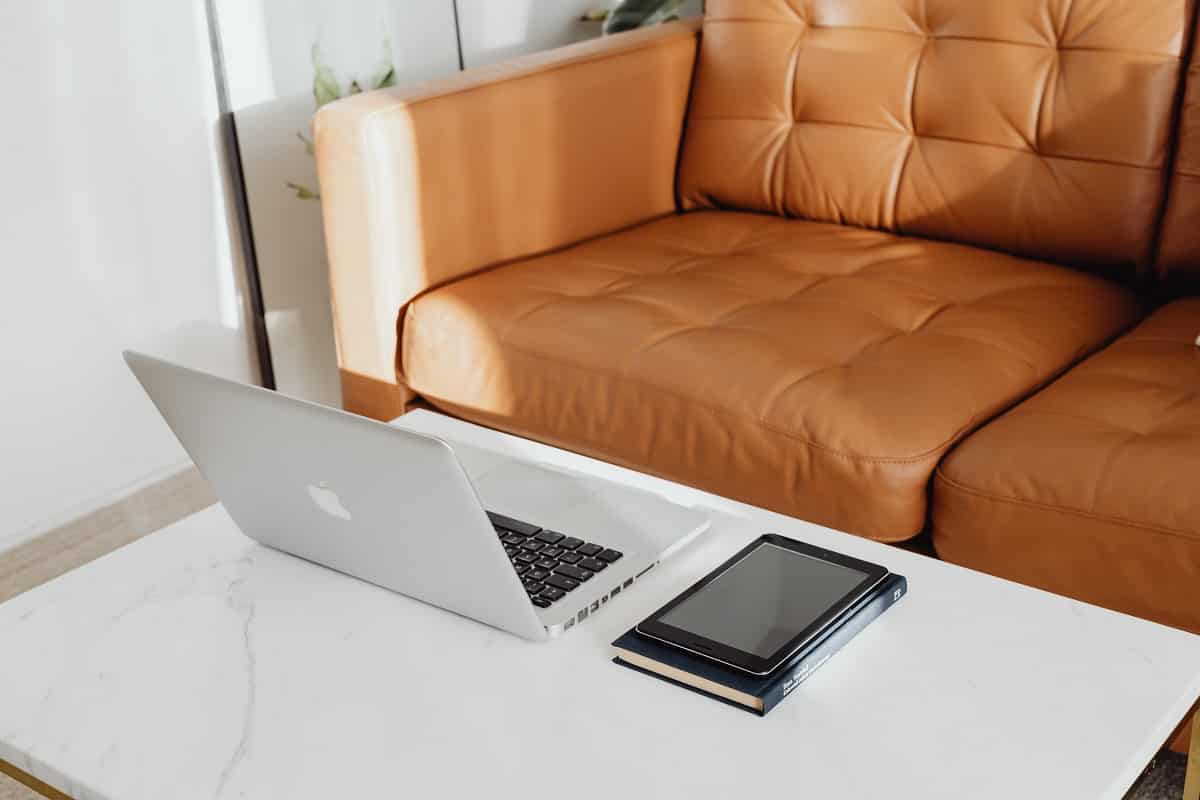
Conclusion
As we reach the end of our exploration into 17 of the best books on minimalism, it becomes evident that minimalism is not just about decluttering spaces, but also involves simplifying various aspects of life, such as personal growth, financial transformation, and prioritizing what truly matters.
From the above 17 best books on minimalism, here are the top three expert recommendations:
Essentialism: The Disciplined Pursuit Of Less by Greg McKeown can serve as an ideal option for those focused on personal growth, as it helps readers identify and prioritize the essential aspects of life.
For individuals seeking financial transformation, The Year Of Less by Cait Flanders is a good option that highlights her personal journey and the impact of minimalism on her finances.
Lastly, if life prioritization is your goal, Minimalism: Live A Meaningful Life by Joshua Fields Millburn is the right choice, teaching the importance of focusing on health, relationships, and passions.
We hope these recommendations will inspire you to embrace minimalism, leading to a more fulfilling, focused, and serene life. Remember, minimalism is a journey, and these books will help guide you on your path to a more intentional and purposeful lifestyle.
Related Articles
39 Best Books On Creativity Right Now
29 Best Bauhaus Books That Showcase 100 Years of Design School




